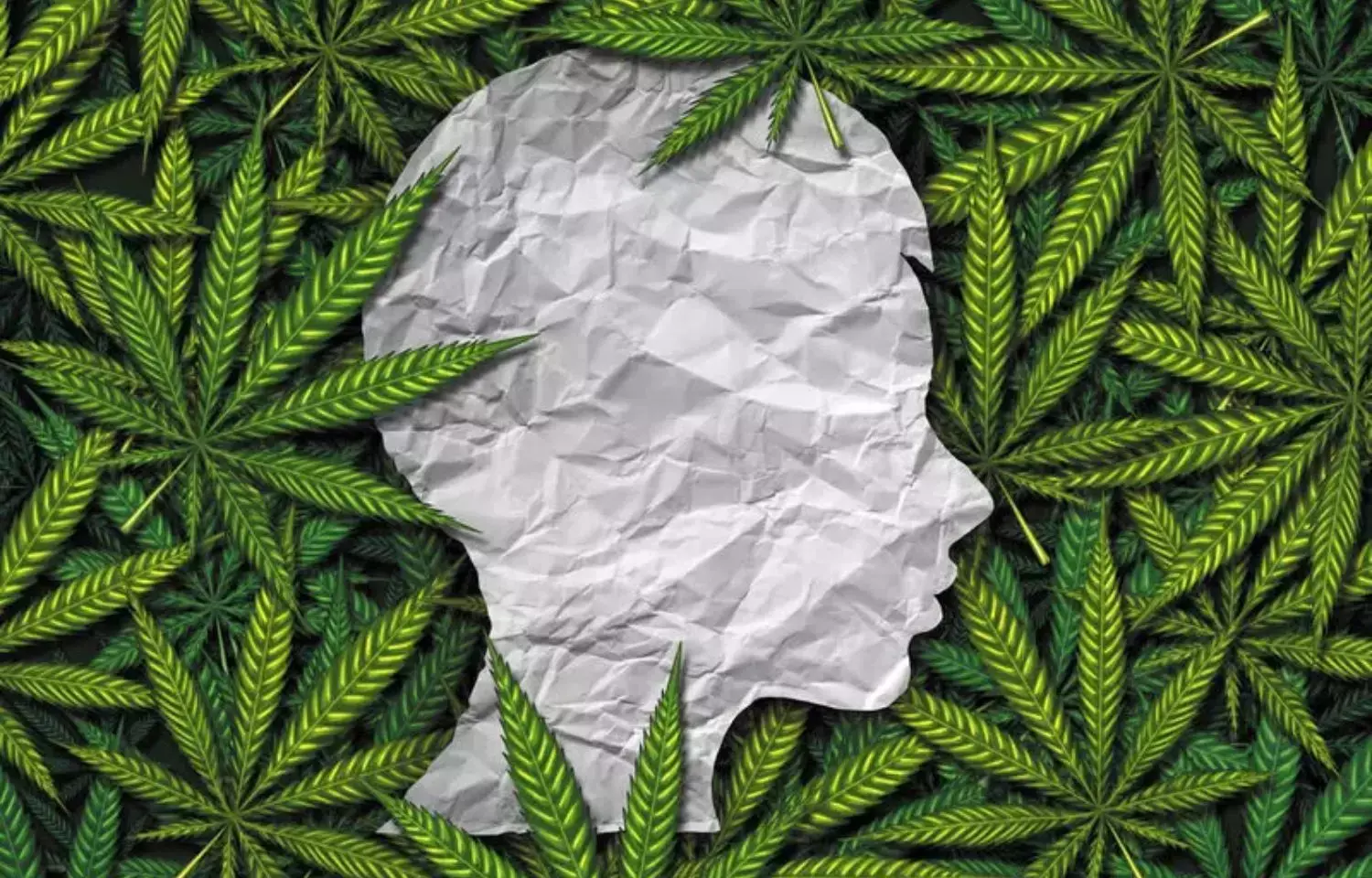- Home
- Medical news & Guidelines
- Anesthesiology
- Cardiology and CTVS
- Critical Care
- Dentistry
- Dermatology
- Diabetes and Endocrinology
- ENT
- Gastroenterology
- Medicine
- Nephrology
- Neurology
- Obstretics-Gynaecology
- Oncology
- Ophthalmology
- Orthopaedics
- Pediatrics-Neonatology
- Psychiatry
- Pulmonology
- Radiology
- Surgery
- Urology
- Laboratory Medicine
- Diet
- Nursing
- Paramedical
- Physiotherapy
- Health news
- Fact Check
- Bone Health Fact Check
- Brain Health Fact Check
- Cancer Related Fact Check
- Child Care Fact Check
- Dental and oral health fact check
- Diabetes and metabolic health fact check
- Diet and Nutrition Fact Check
- Eye and ENT Care Fact Check
- Fitness fact check
- Gut health fact check
- Heart health fact check
- Kidney health fact check
- Medical education fact check
- Men's health fact check
- Respiratory fact check
- Skin and hair care fact check
- Vaccine and Immunization fact check
- Women's health fact check
- AYUSH
- State News
- Andaman and Nicobar Islands
- Andhra Pradesh
- Arunachal Pradesh
- Assam
- Bihar
- Chandigarh
- Chattisgarh
- Dadra and Nagar Haveli
- Daman and Diu
- Delhi
- Goa
- Gujarat
- Haryana
- Himachal Pradesh
- Jammu & Kashmir
- Jharkhand
- Karnataka
- Kerala
- Ladakh
- Lakshadweep
- Madhya Pradesh
- Maharashtra
- Manipur
- Meghalaya
- Mizoram
- Nagaland
- Odisha
- Puducherry
- Punjab
- Rajasthan
- Sikkim
- Tamil Nadu
- Telangana
- Tripura
- Uttar Pradesh
- Uttrakhand
- West Bengal
- Medical Education
- Industry
High-strength cannabis linked to addiction and mental health problems

Researchers from the Addiction and Mental Health Group at the University of Bath (UK) systematically analysed the relationship between the types of cannabis people use and their addiction and mental health problems. Their work draws on 20 studies involving almost 120,000 people.
After alcohol and nicotine, cannabis is the most widely used drug globally. Latest estimates from the UK suggest that over the last year around one in five 16-24 year olds had used cannabis.
Cannabis potency refers to the concentration of tetrahydrocannabinol (THC) in cannabis - the key psychoactive drug it contains. Recent studies from the same team at Bath have found that the concentration of THC in cannabis has increased significantly over time meaning that cannabis used today is typically much stronger than previously.
The new study, published in The Lancet Psychiatry, suggests that people who use high potency cannabis are more likely to experience addiction than those using low potency products. It also suggests that people using high potency cannabis are more likely to experience a psychotic disorder, such as schizophrenia.
These findings may help to explain why more people have received treatment for cannabis problems over recent years. Data from the European Monitoring Centre for Drugs and Drug Addiction show a 76% increase in people entering treatment for cannabis addiction in the past decade.
Based on these new results, the authors argue that public health guidelines and policies to help make cannabis use safer should be encouraged.
Lead author,Kat Petrilli from the University of Bath'sDepartment of Psychology explained: "Our systematic review found that people who use higher potency cannabis could be at increased risks of addiction as well as psychosis when compared to people who use cannabis products with lower potencies.
"These results are important in the context of harm reduction which aims to minimise the negative consequences associated with drug use. While the safest level of use for cannabis is of course 'no use', it is important to acknowledge that a significant number of people across the world use cannabis regularly and to ensure they can make informed decisions that could reduce any possible harms associated with it."
The authors point out that strategies to make cannabis use safer could inform how the drug is regulated in the UK and internationally. Recreational cannabis use remains illegal in the UK, but cannabis products are now legally sold for recreational use in Canada, Uruguay, and parts of the USA.
Several other countries appear set to follow this trend, including Germany. In the UK, the Liberal Democrats have argued that a legal regulated market could make cannabis use safer by enforcing a limit on the potency of cannabis products, and investing the revenue and savings from this into education and treatment for cannabis problems.
Senior author,Dr Tom Freeman explained: "Our findings suggest that people who use cannabis could reduce their risk of harm by using lower potency products. In places where cannabis is legally sold, providing consumers with accurate information on product content and access to lower potency products could help people to use cannabis more safely."
Despite anecdotal evidence of links between cannabis and anxiety and depression, the authors note that the links between cannabis potency and other mental health problems are unclear.
Reference:
Association of cannabis potency with mental ill health and addiction: a systematic review. Kat Petrilli, Shelan Ofori, Lindsey Hines, Gemma Taylor, Sally Adams, Tom P Freeman, Published:July 25, 2022DOI:https://doi.org/10.1016/S2215-0366(22)00161-4
Dr Kamal Kant Kohli-MBBS, DTCD- a chest specialist with more than 30 years of practice and a flair for writing clinical articles, Dr Kamal Kant Kohli joined Medical Dialogues as a Chief Editor of Medical News. Besides writing articles, as an editor, he proofreads and verifies all the medical content published on Medical Dialogues including those coming from journals, studies,medical conferences,guidelines etc. Email: drkohli@medicaldialogues.in. Contact no. 011-43720751


